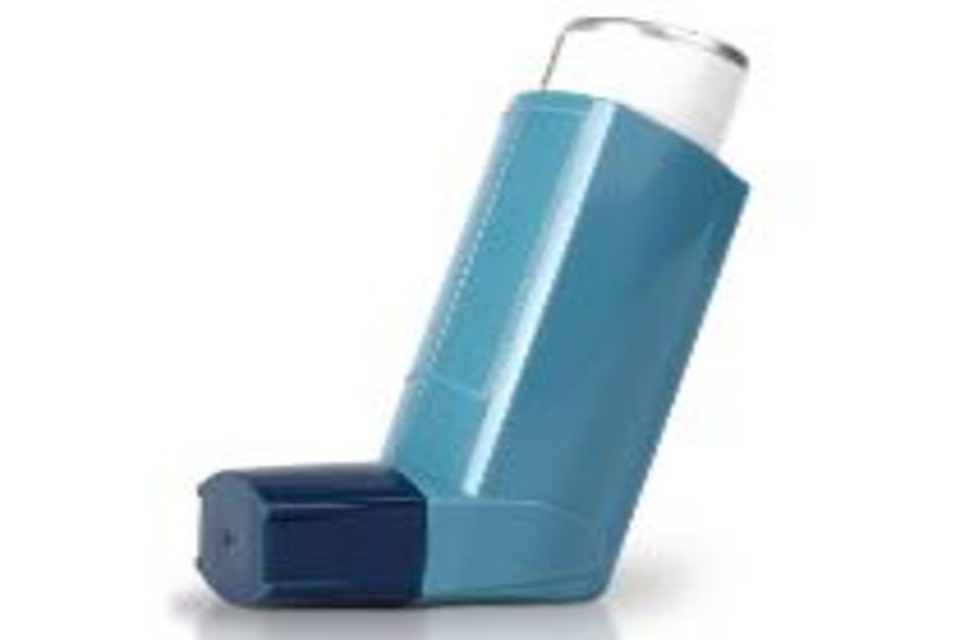This reminder follows updates to product information and the National Institute for Health and Care Excellence (NICE) guidance for short-acting beta 2 agonists (SABAs), including salbutamol and terbutaline, which are used to relieve sudden asthma symptoms such as chest tightness, wheezing, coughing and breathlessness.
Patients are advised to continue using their daily preventer inhaler as prescribed, and to speak to a healthcare professional if they find themselves needing their blue inhaler more than twice a week.
If asthma symptoms, such as chest tightness, wheezing, coughing or difficulty breathing, worsen or are not relieved by the blue inhaler, patients are advised to seek urgent medical help. Any suspected side effects should be reported to the MHRA via the Yellow Card scheme.
Dr Alison Cave, Chief Safety Officer at the MHRA, said
“Patient safety is our top priority and we continue to monitor all medicines to ensure their benefits outweigh any risks.
“Patients should use their preventer inhaler as prescribed by their doctor, even if their asthma feels under control. Blue inhalers are important for treating symptoms during an asthma attack, but should not be used as the only treatment to manage asthma.
“We advise patients to speak to a healthcare professional if they find themselves needing their blue inhaler more than twice a week. Preventer inhalers should be taken as prescribed, even when symptoms appear under control.
“If asthma symptoms worsen or are not relieved by their blue inhaler, such as chest tightness, wheezing, coughing or difficulty breathing, patients should seek urgent medical help. Any suspected side effects should be reported through our Yellow Card scheme.”
Advice for asthma patients
- Use your preventer inhaler as prescribed, even if your asthma feels under control and the blue inhaler is rarely or never needed. Without regular use of a preventer inhaler, symptoms could worsen and increase the risk of severe asthma attacks.
- If you have been prescribed a blue inhaler to use during asthma attacks, you should also be prescribed a separate preventer inhaler for daily use.
- Follow your asthma action plan, or speak to your healthcare professional, if you need your blue inhaler more than twice a week – this may indicate your asthma is not well controlled.
- If your blue inhaler does not have a dose counter, manually track the doses used and ensure you always have access to a spare blue inhaler before your current inhaler runs out or expires.
- Seek urgent medical help if your symptoms are not relieved by your blue inhaler, such as chest tightness, wheezing, coughing or difficulty breathing.
- Your healthcare professional can provide advice on recommended alternative or additional treatments (to the blue inhaler) for people over 12 years of age with poorly controlled asthma.
Notes to editors
- The MHRA has issued a Drug Safety Update for healthcare professionals to remind of the risk from overusing blue inhalers which includes a full summary of the evidence and asthma prescribing guideline changes.
- NICE published updated national asthma guidance (NG245) in November 2024, which no longer recommends prescribing short-acting beta 2 agonists (SABA) alone for any age group. NICE now recommends that the majority of patients should be treated using combination inhalers containing both preventer (anti-inflammatory) and reliever medicines as Anti-inflammatory Reliever (AIR) or Maintenance and Reliever Therapy (MART).
- The MHRA updated UK product information for SABAs in 2024 to strengthen warnings on the risk of asthma deterioration due to SABA overuse. These changes are reflected in the updated Summaries of Product Characteristics (SmPC) for salbutamol and terbutaline.
- A December 2024 report from the UK National Child Mortality Database (NCMD) found that 87% (47 out of 54) of children who died from asthma had 3 or more SABA inhalers dispensed in the previous year. There is a known association across all asthma severities between having 3 or more SABA prescriptions in 1 year and experiencing severe asthma exacerbations.
- The Medicines and Healthcare products Regulatory Agency (MHRA) is responsible for regulating all medicines and medical devices in the UK by ensuring they work and are acceptably safe. All our work is underpinned by robust and fact-based judgements to ensure that the benefits justify any risks.
- The MHRA is an executive agency of the Department of Health and Social Care.
- The Yellow Card scheme is the MHRA’s system of monitoring the safety of medicines in the UK and it acts as an early warning system to identify new, and strengthen existing, safety information about medicines. Yellow Cards are used alongside other scientific safety information to help the MHRA take action, if necessary, to make changes to the warnings given to people taking a medicine or review the way the medicine is used to maximise benefit and minimise the risk to the patient.
- For media enquiries, please contact the [email protected], or call on 020 3080 7651.








